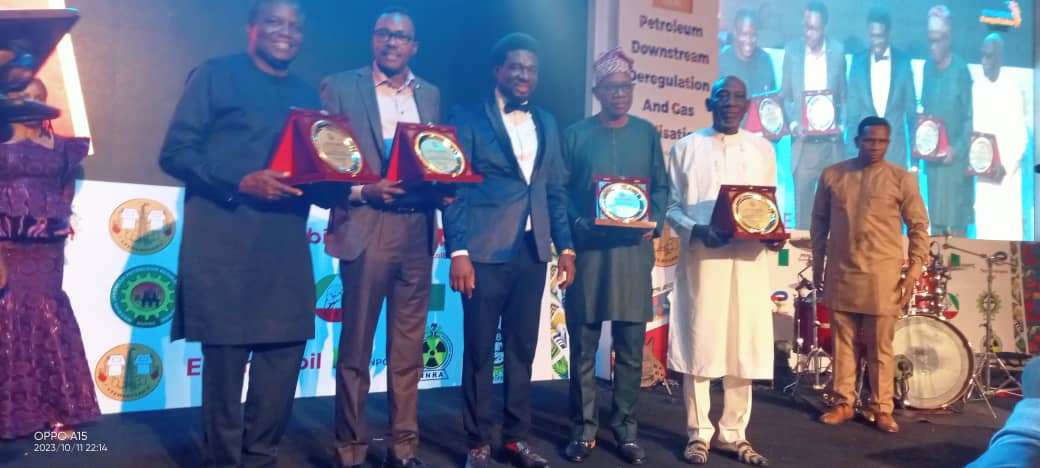 Stakeholders have emphasised the need to forge a path towards a brighter and more sustainable energy future for the oil and gas sector, as well as the nation.
Stakeholders have emphasised the need to forge a path towards a brighter and more sustainable energy future for the oil and gas sector, as well as the nation.
Gathered at a three-day energy and labour summit, organised by the Petroleum and Natural Gas Senior Staff Association of Nigeria (PENGASSAN), in Abuja, the stakeholders said that a significant shift in the landscape of the energy sector in the country, marked by divestment actions of companies, necessitated a collective reflection on the implications for the industry, nation and people.
With the theme: ‘Petroleum Downstream Deregulation and Gas Utilisation for a Sustainable Energy Future in Nigeria’, PENGASSAN President, Festus Osifo, said it was apt as Nigeria navigates the multifaceted implications of deregulating its downstream petroleum sector and harnessing its vast gas potential.
He said that the removal of petrol subsidies and the current state of the refineries were intricate challenges that demanded comprehensive solutions, balancing economic viability and the wellbeing of the populace.
With the recent policy direction by the government, which he alleged has placed untold hardship on Nigerians, and has necessitated a call for a salary benchmark for oil and gas workers, aligning with the instrument of trade of the oil and gas commodity.
In his presentation, Managing Director, Teno Energy Resources, Tim Okon, who spoke on ‘Nigeria Gas Master Plan: Enforcing Stakeholders Accountability for Achieving Sustainable Energy Goals’, said Nigeria already missed the train, viz-a-viz Saudi Arabia and Qatar, since last two decades it sought to lay a framework for its gas-based industrial revolution.
He cited pipeline vandalism, access to small gas plays, domestic utilisation and framework for sector-based pricing as some of the challenges hampering gas development in Nigeria.
Similarly, Executive Director, Production Mobil Producing Nigeria Unlimited, Jagir Baxi, while speaking on “Energy Security in Nigeria: Balancing Petroleum and Gas Contributions to the National Energy Mix,” said with energy supply fundamentals, an evolving energy supply mix was required to meet growing demand.
With a projected share of 2050 energy supply, he said sustained investment in oil and natural gas was needed to meet global energy demand.
He listed fiscal and non-fiscal conditions, competitive cost of business, regulatory certainty and infrastructure as key enablers for energy security in Nigeria.
Chief Executive, Nigerian Midstream and Downstream Petroleum Regulatory Authority (NMDPRA), Farouk Ahmed, who spoke on ‘Regulatory Framework, Effective Policy Alignment and Implementation for a Transparent Mid and Downstream Market’, said Nigeria required an effective regulatory framework to ensure transparency in the mid and downstream sectors of the energy industry.
He said implementation of effective policies and regulatory frameworks that ensure transparency were critical drivers required to develop a sector that would promote investment, deliver energy security and ensure sustainable economic development for Nigeria.
Ahmed, who was represented by the Authority’s Executive Director, Bashir Sadiq, said a transparent mid and downstream market attracts investment, promotes efficiency, competition and sustainable development of the sector.
According to him, achieving transparency required effective laws, clear sectoral policies and strategic objectives, sound regulatory frameworks, optimal enforcement and compliance of all regulatory requirements as key components.






